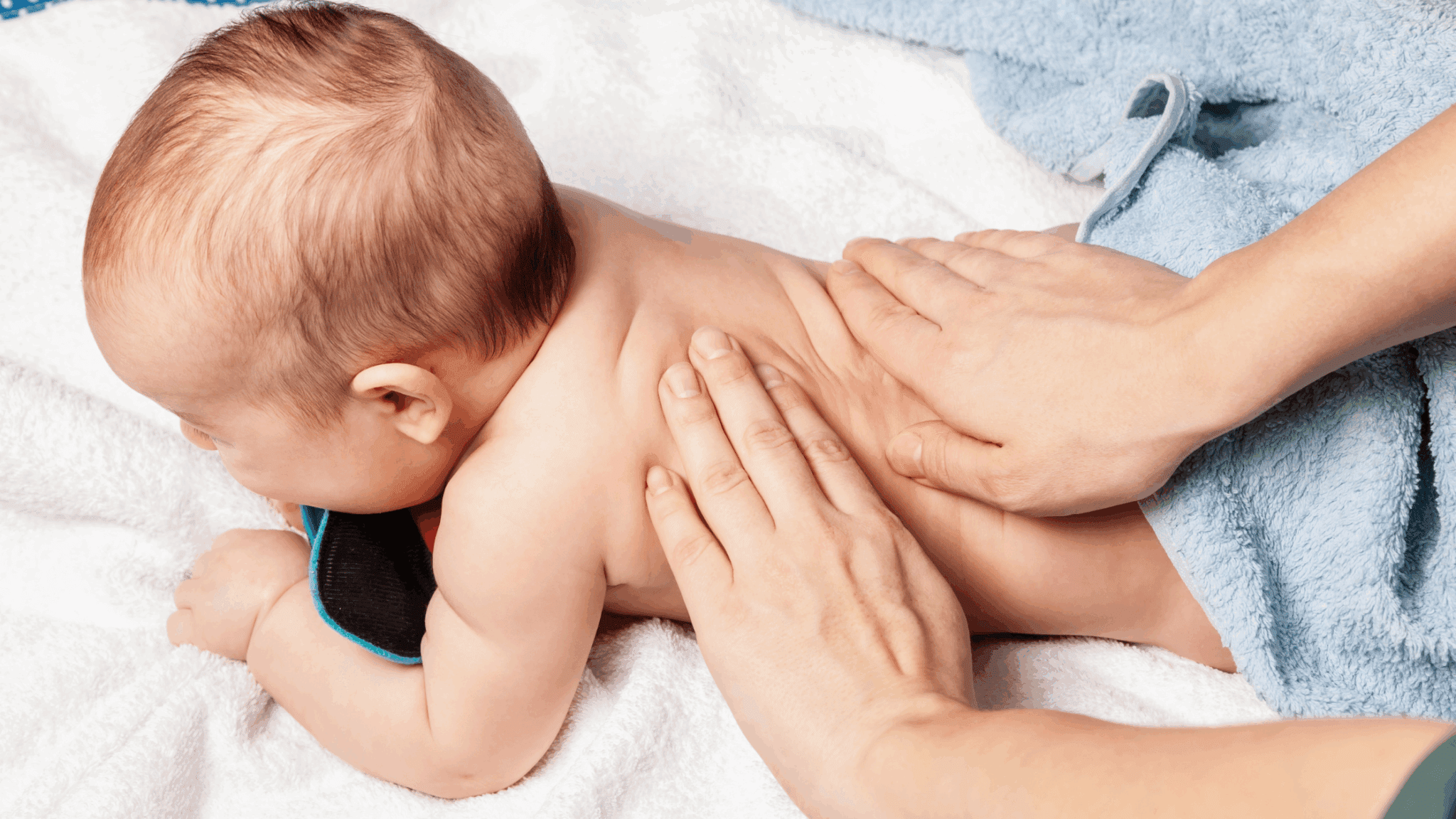Expectant parents often worry about the health and safety of their unborn child. One concern that sometimes arises is babies can babies break bones in the womb. This blog will explore this topic, providing valuable insights based on certified health information.
Understanding Fetal Bone Development
Fetal bone development is a complex process that begins early in pregnancy. Bones start as soft cartilage, gradually hardening through a process called ossification. This transformation is vital for the baby's skeletal structure. Factors such as maternal nutrition, genetics, and overall health play significant roles in ensuring proper bone development.
Read more: How Many Bones Does a Baby Have at Birth
Causes of Bone Fractures in the Womb
While rare, bone fractures can occur in the womb. The primary causes include genetic conditions like osteogenesis imperfecta, which makes bones brittle and prone to breaking. Trauma from accidents or medical procedures, as well as severe nutritional deficiencies, can also lead to fractures. These cases are uncommon but crucial to recognize.
Signs and Symptoms
Detecting a bone fracture in the womb involves careful monitoring and testing. Signs might include unusual fetal positioning, reduced movement, or abnormal ultrasound findings. Medical professionals use advanced imaging techniques to identify fractures and assess their severity.
Diagnostic Methods
Diagnosing fetal bone fractures typically involves ultrasound imaging, which provides detailed pictures of the baby's bones. In some cases, magnetic resonance imaging (MRI) or genetic testing may be necessary to confirm a diagnosis and determine the underlying cause.
Risk Factors
Several risk factors can increase the likelihood of fetal bone fractures. These include maternal health conditions such as osteoporosis, certain medications that affect bone density, and genetic predispositions. Understanding these risk factors helps healthcare providers offer better care and guidance to expectant mothers.
Preventive Measures
Preventing bone fractures in the womb starts with good prenatal care. Expectant mothers should maintain a balanced diet rich in calcium and vitamin D, essential for bone health. Regular check-ups with healthcare providers ensure that any potential issues are identified and addressed early.
Treatment Options
If a bone fracture is detected in the womb, treatment options vary depending on the severity and cause. In some cases, no immediate action is required, and the fracture may heal on its own. For more severe cases, medical intervention, including surgery or specialized care after birth, may be necessary.
Long-term Implications
The long-term effects of fetal bone fractures depend on the cause and severity of the fracture. Early intervention and continuous medical care are crucial for minimizing any potential impacts on the child's growth and development. Many children with early-diagnosed fractures lead healthy, active lives with appropriate treatment.
Case Studies and Real-life Examples
Real-life stories can provide valuable insights and hope. For instance, a case study from a certified health professional might describe a baby diagnosed with osteogenesis imperfecta. Through early detection and specialized care, the baby received the necessary treatments and grew up with manageable health issues, leading a fulfilling life.
Expert Opinions and Medical Insights
Healthcare experts emphasize the importance of early diagnosis and proper prenatal care. Dr. Jane Smith, a pediatrician, notes, "While fetal bone fractures are rare, they highlight the need for comprehensive prenatal monitoring. Early intervention can significantly improve outcomes for affected babies."
Conclusion
In conclusion, while it is possible for babies to break bones in the womb, such instances are rare and often manageable with proper medical care. Prenatal care, good nutrition, and early diagnosis play vital roles in ensuring the health and safety of the unborn child. Expectant parents should stay informed and work closely with healthcare providers to address any concerns.
By following these insights and guidelines, parents can be better prepared and reassured about their baby's health, ensuring a safe and healthy pregnancy journey.
Frequently Asked Questions
1. Can babies get broken bones in the womb?
Discuss the likelihood of babies getting broken bones while in the womb, including the factors that may contribute to such occurrences.
2. Can a baby's bones break inside the womb?
Explore the resilience of fetal bones and the circumstances that could potentially lead to fractures before birth.
3. Can you break your baby's bones while pregnant?
Address concerns about accidental injury to the fetus and how the womb provides a protective environment for the developing baby.
4. What can cause a baby to break bones in the womb?

In rare cases, a genetic condition or birth defect may make a baby more prone to bone fractures in the womb.
5. Can a mother's activities cause a baby to break bones in the womb?
No, a mother's activities such as exercise or daily movements do not typically cause a baby to break bones in the womb.
6. Can a baby heal from a broken bone in the womb?
Yes, just like outside the womb, a baby's bones have the ability to heal in utero.
7. How is a broken bone in the womb diagnosed?
A broken bone in the womb is typically diagnosed during routine prenatal ultrasounds or through advanced imaging techniques such as MRI.
8. Are there any risks associated with a baby breaking bones in the womb?
Yes, if a baby has a broken bone in the womb, there is a risk of improper healing or complications during delivery. It is important to follow a doctor's recommendations for monitoring and treatment.


